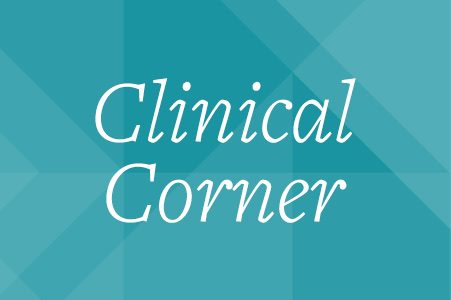Riki Thompson (an MSN student studying to become a Family Nurse Practitioner) was enrolled in Advanced Health Assessment and Practicum (NURS 600 and 601) this spring. She did not expect the course to have such a significant impact on her life—and the life of a patient—so quickly.
Riki works as a nurse at an outpatient oncology/infusion center while furthering her education at Gonzaga. One day in April, she saw a regular patient and noticed immediately that his voice sounded different. As she was talking with him, he mentioned his tongue had ‘felt weird’ and that he was having difficulty chewing on his left side. The focus of NURS 600 and 601 is on assessment of the patient, through taking the patient’s history and via physical exam. The courses build and rely on a wealth of nursing experience and expertise, and take assessment to new levels of magis.
She performed an OLDCART assessment (onset, longevity, duration, character, aggravating factors, relieving factors, timing and severity) on the patient and decided to do a cranial nerve assessment. After the assessment, Riki realized that the neck pain and left ear pain he’d been complaining about for more than six weeks (and for which he had seen several doctors in the office and emergency department [ED]) could be important pieces to this puzzle. Her assessment revealed all cranial nerves (CN) were grossly intact except for CN 9, 10, 12. The patient not only had a faint deviation of his tongue when he stuck it out, but he couldn’t touch his tongue to his left cheek and his uvula did not rise midline.
Riki contacted the ED physician, who initially dismissed her concerns – until she told him about the cranial findings. An MRI revealed a large tumor at the base of this gentleman’s skull growing into his sinus cavities. She reports in an email to her NURS 600 faculty, “I am so glad that today I felt confident enough to apply the knowledge that I’ve learned in this course about the ‘dreaded’ cranial nerves. Today, all the studying and note cards made it all worth it and I want to thank you.” Her faculty, Dr. Deb Smith, returned the compliment, “All diagnostic reasoning relies on strong assessment acumen. As a teacher, I’m delighted that Riki’s application of what she learned in NURS 600 led her to advocate for her patient, resulting in him getting he care he needed.”
On choosing Gonzaga,“I decided to go back to school because I love learning and was ready for a change. I chose Gonzaga due to its proximity to [my state] as well as the online program. I have had a great experience at Gonzaga. The courses, although challenging, have allowed me to work and continue to devote the time I need to my family. I feel that I already had a great nursing background. Gonzaga has built upon that knowledge and given me confidence in many areas of the nursing field… I have never regretted my decision. I have enjoyed my experience and I look forward to learning more!”
Furthering the health sciences through applied research and compassionate caretaking. Please click here and select SNHP Excellence Fund as your Gonzaga Will priority to support the SNHP.
